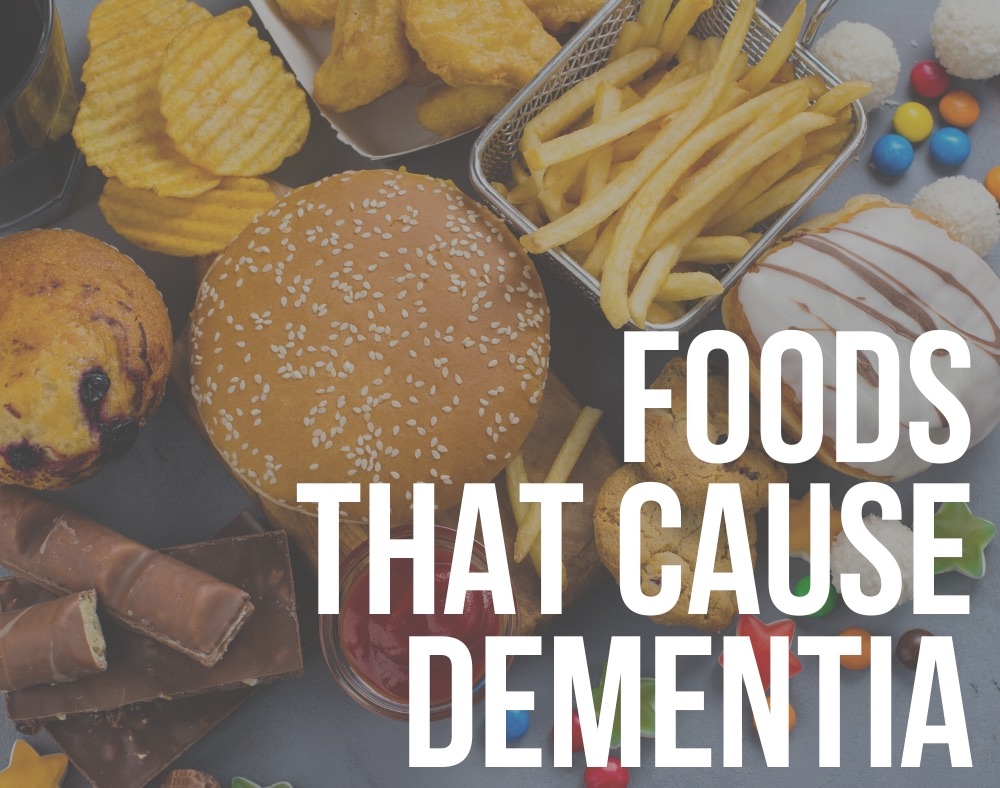by Gary Wenk Ph.D.
What you should eat, and stop eating, to avoid cognitive decline.
KEY POINTS
- People generally have poor diets by almost any definition of the term.
- Eating lots of leafy greens today for lunch sounds comforting but will not negate a decade of poor diet choices.
- The most important question is: “What should I stop eating to avoid becoming unhealthy and demented?”
The New York Times recently published an interesting article by Amelia Nierenberg that asked about the effects of specific foods on the mental decline that comes with aging. Since publishing my book Your Brain on Food, I have been asked that question more often than any other: What can I eat to make myself mentally healthy and become smarter? The Times article was accurate but missed two critical issues that contribute to determining whether our diet can cause cognitive decline. First, dementia is a lifestyle phenomenon. Eating lots of leafy greens today for lunch sounds comforting but will not negate a decade of poor diet choices. Second, obesity is a significant risk factor for dementia. No specific food item can make you lose weight.
People generally have poor diets by almost any definition of the term. We eat too much fat, salt, and sugar. We consume too much alcohol and nicotine and exercise too little. Most of America, regardless of age or socioeconomic status, is overweight or obese. Our bodies are storing too much fat; this fat produces a harmful environment of inflammation, oxidative stress, and physiological imbalance that often leads to metabolic syndrome. Simply stated, our lousy diet generates an environment in our body that ages us too quickly and impairs our thinking.
Thus, your question should be the following…
What should I stop eating to avoid becoming unhealthy and demented?
A diet rich in fresh fruits, vegetables, and whole grains, combined with reduced caloric intake, is ideal (and the one universally recommended) because it compensates for the numerous negative effects of your current diet. Dieticians, physicians, and all other health care providers beg their patients to change their diet; patients rarely do.
Poor diets cause some mental health disorders. The most common mental health disorder is depression. Obesity and the presence of too much body fat underlie our vulnerability to depression. People who lose body fat, via exercise or liposuction, experience improved mood and cognitive function. Thus, excessive body fat can make you both depressed and stupid and also make it less likely that you will respond to anti-depressant therapy. Today, an overwhelming amount of scientific evidence obtained across a wide spectrum of medical disciplines strongly argues that obesity accelerates brain aging, impairs overall cognitive function, and, ultimately, is responsible for the numerous processes that kill us.

A little sugar is not harmful to your brain or body. From your brain’s perspective, dietary sugar is indispensable. Without a constant uninterrupted supply, you will quickly lose the ability to think and slip into a coma. However, diets high in sugar lead to metabolic diseases which have significant negative effects on cognition. Diabetes is a significant risk factor for dementia.
Related: 10 Energizing Foods to Add to Your Diet
A small percentage of the general population is vulnerable to the lack of specific nutrients in their poor diet. This category of nutrients often includes vitamins and some minerals. Adding those nutrients back to their diet is often beneficial. However, numerous studies have now conclusively shown that for the overwhelming majority of us, supplements with vitamins and nutrients are a waste of money.
In contrast, a small percentage of the general population is vulnerable to the presence of specific nutrients in their poor diets. A good example of such a nutrient is gluten. If you are sensitive to gluten, do not eat it. If you are not gluten-sensitive, then avoiding gluten is a bad idea, according to the results of a study involving over 15,000 participants who were followed for 30 years. The American College of Cardiology now strongly recommends against the adoption of gluten-free diets for people without a medical necessity.
We are often told that our diet affects our health and mood.
That’s not quite the way it works: In reality, a healthier diet can only compensate for your current lousy diet. Fruits and vegetables and whole grains cannot help to boost mental health; they can only undo the damage that you are already causing.
No diet, no nutrients, and no drugs (do not believe the nonsense you have read about nootropics, a 21st-century brain placebo) have ever been proven scientifically to enhance health or brain function. The advice you hear about so often is designed to convince you to stop your poor diet in order to avoid becoming unhealthier and cognitively impaired. Therefore, choose your diet wisely—your longevity and memories depend upon it.

